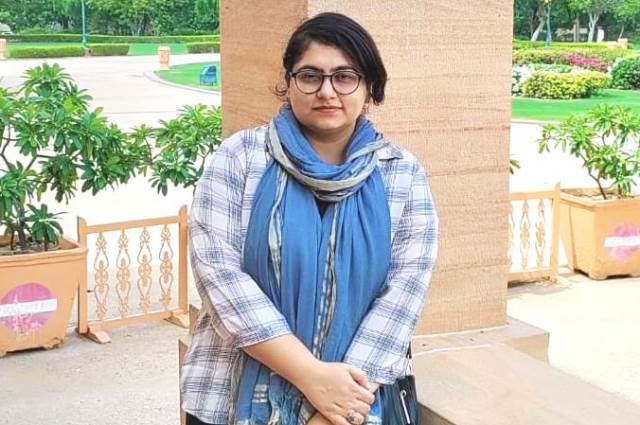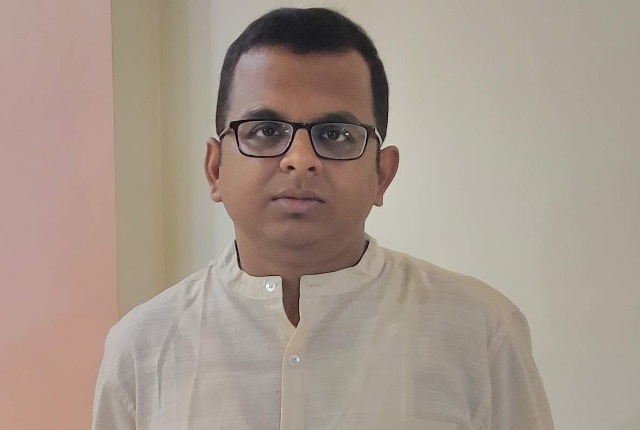Bhavika Mehta, 25, a psychologist from Bhiwani (Haryana), lists some of the cases she came across amid the pandemic and how she dealt with them
The pandemic has been tough on everyone, more so on the sections and individuals who were vulnerable when it came to mental health even before the pandemic. As a psychologist, I feel that the pandemic has amplified all pre-existing issues including mental health. For the past six months I have been providing free counselling to people reaching out to me. My aim is to help people find some semblance of certainty and peace amid the pandemic
I meet people who are worried about job loss or have already lost their jobs to those dealing with issues regarding their sexuality. Then there are people who have not been able to cope with the passing away of loved ones due to pandemic. There is also the issue of people finding it difficult to manage their emotions while being cooped up in their homes during lockdowns. So far I haven’t received any long Covid cases but I am confident I will be able to help people battling with its impact.
I helped a young boy around 20 who had lost his job as a security guard and was finding it difficult to find a new job because he used to stammer. I counselled him to focus on his strengths rather than his weaknesses and get him enrolled in a free computer class. I told him only his typing speed would matter, and not his speech.
ALSO READ: Covid Normalised Seeking Help From A Psychiatrist
I also helped a girl with gender dysphoria issue. She is 21 and recently married and had seen a lot of violence against women as a youngster. The pandemic made it even more difficult for her to process her emotions. Her parents wanted to take her to tantriks etc but I intervened. The girl has been improving steadily.

Then there is a woman who has been finding it difficult to handle the death of her father and feeling listless. There was also a case when all family members’ nerves were stretched to the extreme and the mother went completely silent because of incessant bickering that would take place in the house.
I feel deeply for the young children caught in the pandemic, kids who watch their parents fight day in and day out due to lockdowns. The pandemic is so new and uncertain that no one knows how to deal with it and parents find it difficult to translate their concerns properly to their children. Moreover, kids find it extremely difficult to handle lockdowns, since they can’t go out and play.
I believe we all need to display empathy if we want a mentally healthy society. On an objective level the pandemic has been dreadful, but if we take a subjective look, it has forced us to be ourselves; to bring out our real personalities to the fore. Most importantly, we have to accept the pandemic and even when it becomes endemic, we need to take care of our mental health.
I am happy that during the pandemic many people have begun taking mental health seriously and the judgement or stigma around it has lessened. And while we are at it I would like to say that mental healthcare professionals shouldn’t forget to take care of their own mental health. We all need to live in the present and breathe slowly, that is the very essence of good mental health.


